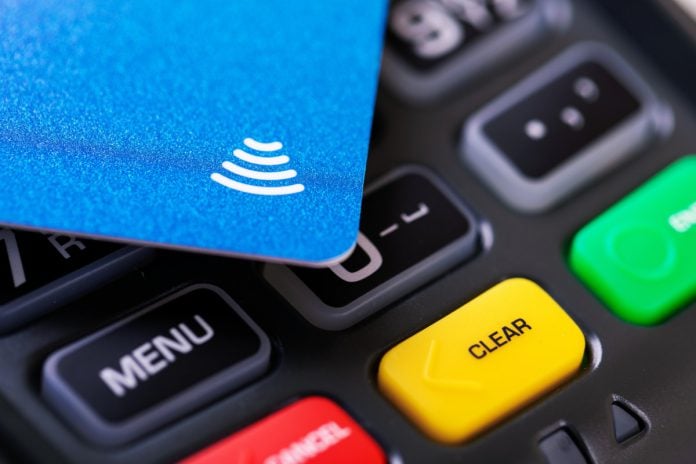Phos, the company behind the first-ever software-only Point of Sale (SoftPoS), and maxaa, the Nordics fintech firm, have teamed up to give merchants access to a more affordable digital payments solution.
It comes as consumers increasingly turn to contactless payments, as transaction habits following the coronavirus pandemic continue to stick.
Furthemore, retailers in the Nordics and Baltics regions continue to seek a way of addressing this growing demand. However, traditional PoS solutions require additional hardware, come with long settlement times or charge merchants high fees.
Leila Bula, co-founder at maxaa, stated: “Our ambition is to offer retailers a one-stop-shop to help any merchant, no matter the size, completely digitise their operations. Consumers expect the same intuitive shopping experience whether they’re online, in the supermarket or in an independent shop. By whitelabelling phos’ SoftPoS technology, we are giving our retailers access to a secure, digital payment solution, without major investment in expensive systems and devices.”
Data from phos shows that more than 33 million businesses across Europe are still reliant on cash, with barriers and concerns including hidden costs, hardware requirements and security issues.
The phos solution will provide a safe and sustainable alternative to cash and allow merchants to digitalise effectively, offer more payment options to their customers and ultimately grow their businesses.
Brad Hyett, CEO of phos, added: “We want to help retailers transform their business rapidly. Consumer behaviours are changing quicker than ever before, and merchants need to keep pace with these changes. With maxaa’s retail ecosystem, merchants can quickly deploy the new services that are critical to customer retention, offering their audiences a variety of ways to pay and protecting revenue while improving the overall buying experience.”
Once registered and accepted, merchants can download from the Google Play store to enable all of their Android devices to accept payments from both contactless cards and other NFC-enabled devices, such as smartphones, smartwatches or wristbands.






















